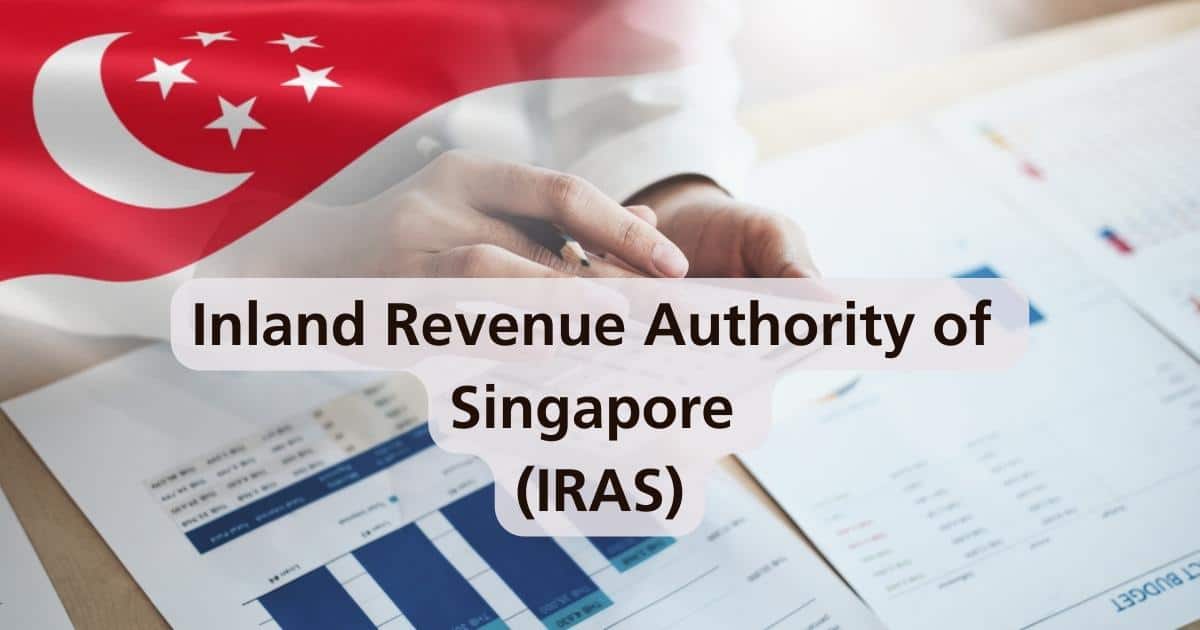A Guide to IRAS’s Cash Accounting Scheme for Small Businesses
Navigating GST obligations can be a challenge—especially when invoices go out but payments trickle in. That’s where IRAS’s Cash Accounting Scheme (CAS) shines: designed specifically to ease the burden on small Singaporean businesses by aligning tax reporting with actual cash flow.
What is the Cash Accounting Scheme?
The Cash Accounting Scheme allows GST-registered small businesses to report output tax only once payment is received from customers—and likewise claim input tax when payment to suppliers is made, rather than following conventional time-of-supply rules.
Who Qualifies?
Your business may be eligible if you meet the following criteria:
-
You are voluntarily GST-registered.
-
Your annual taxable supplies (standard- and zero-rated) are not expected to exceed S$1 million.
-
You have no outstanding GST returns or payments.
-
In the past three years, you have not been convicted of GST or Customs offences, faced GST penalties, or had CAS withdrawn.
Applying & Approval
-
Submit the application form for the Cash Accounting Scheme via IRAS.
-
If approved, CAS begins at the start of your next prescribed accounting period.
-
Approval is valid for 3 years, even if your supplies exceed S$1 million during that time.
-
To remain on the scheme beyond three years, reapply at least three months before expiry.
How GST Reporting Works Under CAS
Net GST per accounting period =
GST on payments received from customers
− GST on payments made to suppliers
Example timelines for common payment modes:
| Payment Method | When Receipts (Output GST) Accounted For | When Payments (Input GST) Accounted For |
|---|---|---|
| Cash | Upon receipt of cash | When supplier receives your payment |
| Cheque | On bank-in date (or when re-presented if bounced) | Later of cheque date or presentation to supplier |
| Nets / Credit Card | When funds are transferred to you | When you initiate payment |
| Giro / Telegraphic Transfer | When your bank receives payment | When your bank deducts it |
Note: CAS is not applicable to transactions under hire purchase, conditional sale, or credit sale—these follow standard time-of-supply rules.
What Happens When the Scheme Ends?
When CAS ends, you can still apply its rules to supplies issued while under the scheme. However, any supplies made after expiry must follow standard time-of-supply rules.
Upon GST deregistration or business cessation, you must account for output tax on all supplies made in the prior 12 months in your final GST return (Form GST F8).
Key Advantages at a Glance
-
Improved Cash Flow
Delay output tax to align with real cash receipts. -
Easier Compliance
Reporting becomes simpler—tied directly to actual money movement. -
Reduced Risk of Mismatched Reporting
Less complexity in reconciling invoicing with collections.
Is CAS Right for Your Business?
Consider CAS if:
-
You regularly face delays between invoicing and receiving payment.
-
Cash flow is tight and you’re managing operations with limited working capital.
-
Your taxable supplies are clearly under S$1 million annually.
If you have steady cash flow or borderline supplies near the S$1 million threshold, weigh the pros and cons carefully.
Summary Table
| Feature | CAS Benefit |
|---|---|
| Eligibility | Voluntary GST registration + ≤ S$1 million supply value |
| Application | Submit form → IRAS approval → starts next accounting period |
| Duration | 3 years; reapply 3 months before expiry |
| Output & Input Tax Rules | Based on actual payment receipts and disbursements |
| Scheme Expiry / Deregistration | Revert to time-of-supply rules; final tax return required |
| Ideal For | Small businesses managing tight cash flow and delayed payments |
With CAS, small businesses in Singapore can better manage their liability timing and compliance efforts. Want help summarizing this for your next blog post or preparing application materials? Just let uSafe know—happy to help!
Disclaimer: This article is for informational purposes only and does not constitute any professional advice. Feel free to contact us to consult with our professional advisors team for personalized advice and guidance.
Sources: https://www.iras.gov.sg/taxes/goods-services-tax-(gst)/general-gst-schemes/cash-accounting-scheme




